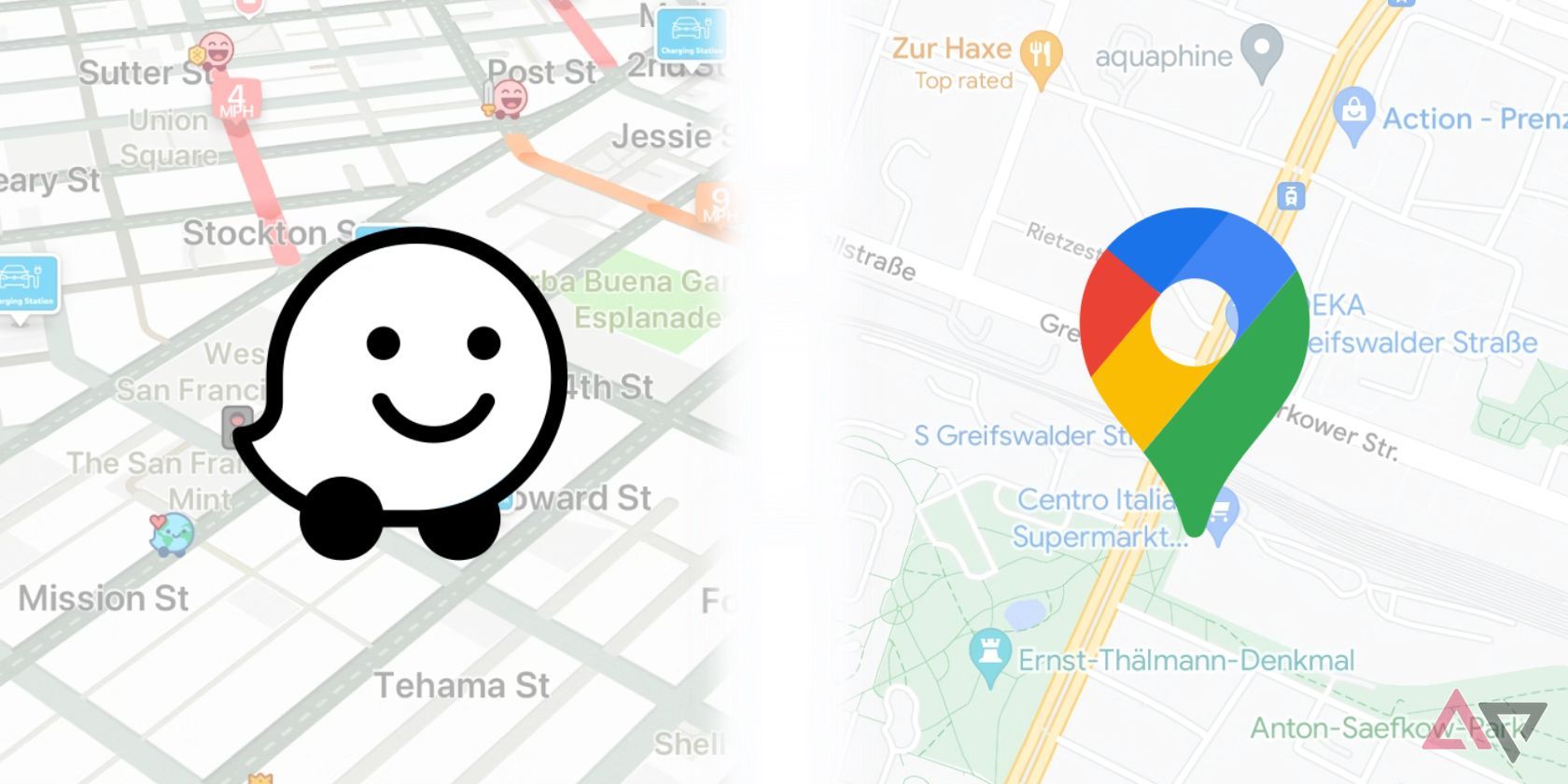Key Takeaways
- Google Maps introduces Ask Maps for AI-powered search and weather alerts.
- Other updates feature improved navigation detail and weather reporting while maintaining core features.
- Waze testing Conversational Reporting, which should expand to Google Maps in the future.
Google has been hard at work wedging Gemini into every product it can for nearly a year now, and this week, it’s Google Maps’ turn. Google announced a slew of updates to Google Maps, Google Earth, and Waze today, headlined by a new Ask Maps feature in Google Maps that uses Gemini’s natural language capabilities to answer questions about nearby places. Waze is also testing a handy new option to report road hazards in natural language — a feature that Google Maps VP and GM Miriam Daniel tells me will also make its way to Maps someday.
Maps gets AI-powered search, weather condition alerts, more
The new Ask Maps reminds me a lot of the similarly named Ask Photos, a Gemini-powered feature in Google Photos that lets you ask questions to get answers from your Photos library. Ask Maps works similarly: you can ask Google Maps for specific things — Google uses the example of “things to do with friends at night” — and Gemini will use review content from places nearby to provide a list of relevant options. Gemini will also summarize review sentiment for individual businesses, and answer questions about those businesses. For example, you can ask whether a restaurant offers vegetarian options, or if it has outdoor seating.
Related
Unleash the power of Ask Photos in Google Photos: Everything you need to know
Ask Photos finds any memory with just a few words
This week’s updates aren’t all AI, though; the core Maps experience is also improving. Navigation will show more detail where possible, including lanes, crosswalks, and signage, to help give you a better idea of where exactly you should be on the road at any given moment. There’s also a new system to report weather disruptions as you’re driving. As with the existing option to report speed traps and stopped cars, you’ll soon be able to report conditions like low visibility or unplowed snowy roads, and see other users’ reports of the same conditions.
Immersive View is expanding, too. Starting this week, you’ll be able to look at 3D renditions of areas in 150 cities around the world. Maps is also getting Immersive Views of more types of places, including college campuses.
Conversational Reporting in Waze
Source: Google
Waze is testing a useful new feature in beta starting this week. “Trusted testers” will be able to report issues along their route by tapping a button and saying what they see in a natural way; Gemini will interpret the input and add the appropriate info to the map. Phrases like “there’s a car with a flat tire” or “a trash can fell over in the road” will report a stopped vehicle or an obstacle in the street, respectively.
It seems like the feature is getting a narrow test in Waze before it expands more broadly, including to Google Maps. In a briefing, I asked whether Google had plans to bring Conversational Reporting to Maps. Google Maps VP and GM Miriam Daniel said that she can’t commit to a timeline, but that she “absolutely” wants to see the feature available in Maps, noting that “Conversational Reporting is the future.” Conversational Reporting is coming to English users in beta beginning this week, and to “more users and languages in the coming months.”
Rolling out this week
It’s not hard to see AI integration in navigation products going awry, but it seems like Google’s approach here is relatively restrained, using Gemini to improve the experience around the margins rather than revamping any core functionality. The above features are launching in Google Maps and Waze this week.



